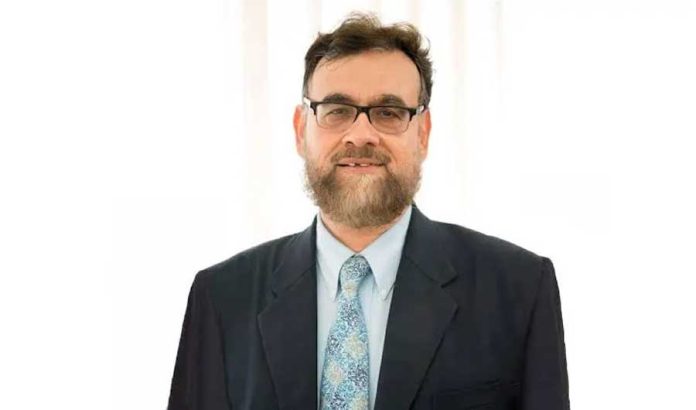Dr. Abdul Bari’s Perspective on Positivity in Healthcare Reporting
Dr. Abdul Bari, CEO of Indus Hospital and Health Network, highlighted the crucial role of positivity in healthcare reporting by the media. He pointed out that the portrayal of healthcare challenges often leans heavily towards the negative, overshadowing the significant progress made by various institutions. Drawing an example from Kenya, Dr. Bari emphasized how positive media coverage in healthcare can inspire trust, hope, and a collaborative spirit among the public. He stressed that focusing on the successes and improvements, alongside the challenges, can foster a more constructive dialogue around healthcare issues.
The Importance of Public-Private Partnerships in Healthcare
In discussing the significance of public-private partnerships in healthcare, Dr. Bari underlined the courage required to acknowledge that hospitals cannot be sustainably operated solely within the public sector. He emphasized that the limited resources in public sector hospitals, particularly in major institutions like Jinnah Hospital and Civil Hospital, necessitate collaboration with private entities. Dr. Bari advocated for the integration of public and private efforts to overcome these resource constraints and to improve the overall healthcare infrastructure.
Need to strengthen Primary Health Care system
Dr. Bari candidly addressed the immense burden placed on Indus Hospital due its limited resources. He mentioned the overwhelming workload, particularly in the ICU, which forces the hospital to make difficult decisions, such as refusing patients when capacity is reached. The hospital’s admission rate is a mere 2% due to these limitations, contrasting with private sector hospitals like Agha Khan Hospital, which have more resources but are not affordable for the poor. Despite offering high-quality services free of charge, the strain on Indus Hospital is significant. Dr. Bari emphasized the need for capacity building in remote public hospitals and Basic Health Units (BHUs) to alleviate some of its burden by strengthening Primary Health care system. He also highlighted the plight of patients travelling from distant areas like Larkana District and interior Sindh for cancer treatment, who often struggle with the cost of follow-up visits. In some cases, Indus Hospital’s duty doctors have even provided fare to such patients. Dr. Bari called for better healthcare facilities in remote areas to reduce the need for long and costly journeys.
Healthcare Challenges in Karachi’s Slum Areas
Dr. Bari expressed deep concern over the healthcare challenges faced by Karachi, often referred to as “mini Pakistan.” He pointed out that the city’s slum areas, home to a large portion of the population, are rife with health-related issues stemming from poor sanitation, unhygienic conditions, polluted water, overcrowding, and poverty. These conditions compound the already significant health problems in the city. Karachi, the fastest-growing city in the world, also faces a constant influx of migrants from across the country seeking employment, further straining its healthcare system. Dr. Bari highlighted the urgent need to address these issues to improve health outcomes in the city.
The Need for Preventive Medicine and Capacity Building
Dr. Bari underscored the necessity of developing preventive medicine and to reduce the burden on tertiary care facilities like Indus Hospital. He also shed light on the underprivileged and neglected areas of Balochistan, such as Jhal Magsi, Naseerabad, and Reqo Diq, where healthcare facilities are inadequate, forcing patients to travel to Indus Hospital for treatment. Dr. Bari advocated for a comprehensive capacity-building plan in collaboration with the Sindh government, with a particular focus on primary healthcare. In this regard, he mentioned ongoing efforts to install telemedicine facilities in partnership with the government. He stressed the importance of coordinated efforts between the public and private sectors, citing the successful collaboration during the COVID-19 pandemic, where WhatsApp groups facilitated joint operations between public and private hospitals. Dr. Bari called for such measures to be implemented on a permanent basis to ensure sustained improvements in healthcare delivery.


